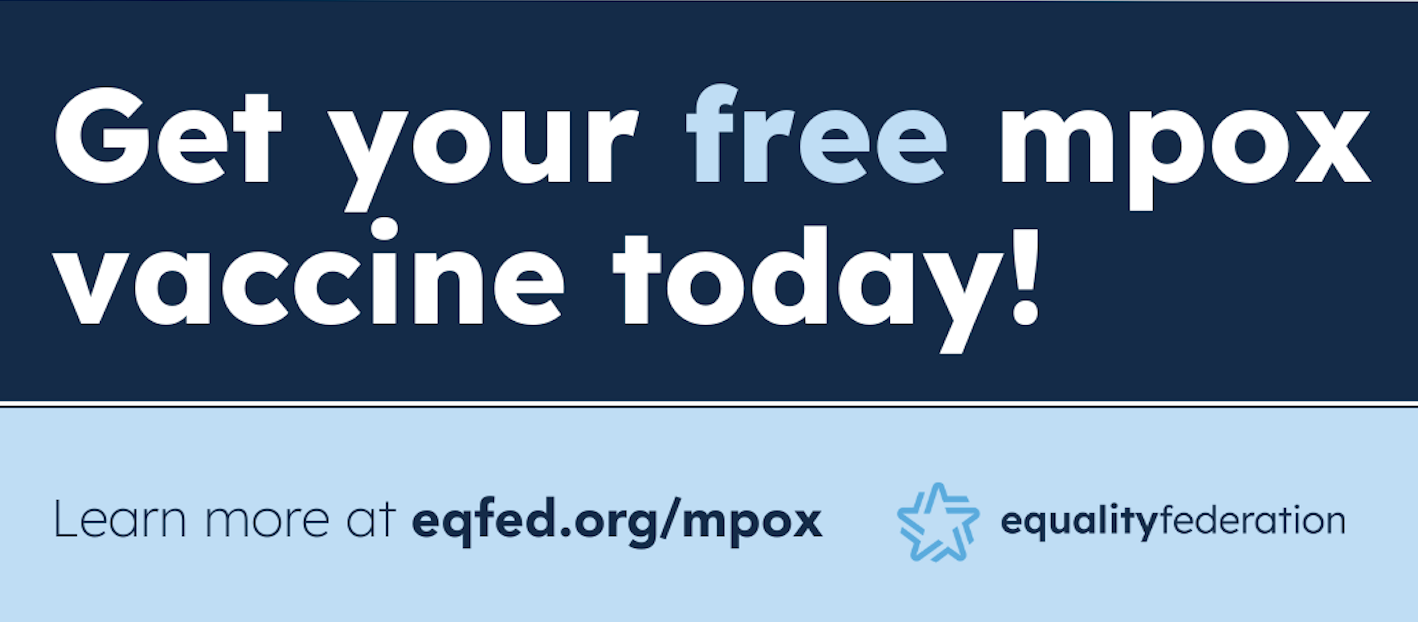After DOMA: Guidance on How DOMA's End Will Impact LGBT People and Families
Last week's historic Supreme Court decision striking down DOMA changed our country and our movement. But after the celebrations, we were all immediately left with questions. What impact would DOMA's demise have on same-sex couples in states across the country?
In the weeks and months to come, state-based equality organizations will continue to be at the forefront of work to educate LGBT people about the effects of the Court's ruling. They'll be faced with the challenge of explaining the implications of the decisions, and they'll help ensure that everyday people understand how they're protected, following this monumental victory.
Fortunately, a new resource is out to help explain what DOMA's end means. Our partners at American Civil Liberties Union, Center for American Progress, Family Equality Council, Freedom to Marry, Gay & Lesbian Advocates & Defenders, Human Rights Campaign, Immigration Equality, Lambda Legal, National Center for Lesbian Rights, National Gay and Lesbian Task Force, and OutServe-SLDN have created a series of fact sheets that detail the protections that are now available to married same-sex couples.
From bankruptcy to Medicaid to military and veterans benefits -- the end of DOMA has far-reaching impacts for LGBT individuals and families, for example:
Federal Financial Benefits
Married same-sex couples will now receive federal financial benefits previously kept from them such as filing joint taxes, which is often easier and allows couples to owe less than they would as individual filers. The end of DOMA entitles married same-sex couples to the spousal-based benefits of Social Security, and if necessary, the ability to claim bankruptcy as a couple, which may result in financial savings.
Federal Healthcare Programs
Federal healthcare programs, such as Medicaid and Medicare, require a person to be married in order for them to have access to receive certain benefits. This access was denied to married same-sex couples under DOMA, but now these federal programs will recognize marriages between same-sex couples, giving low-income and elderly LGBT couples the healthcare they deserve.
Employment Benefits
Employment benefits, whether you are federally or privately employed, will now be offered to spouses in same-sex marriages. This will allow married same-sex couples to share a spouse’s health plan, benefit from retirement plans, and be entitled to take family and medical leave (FMLA) to care for a sick spouse.
While most of these new protections apply to married same-sex couples living in a state that respects their marriage, each federal law and program has its own regulations. Click on any of the links to download information and guidance on various aspects of the DOMA ruling.
- The Supreme Court Ruling on the Defense of Marriage Act: What It Means
- Bankruptcy
- Benefits and Protections for Civilian Federal Employees and Their Spouses
- Family and Medical Leave Act for Non-Federal Employees
- Federal Taxes
- The Free Application for Federal Student Aid (FAFSA)
- Immigration
- Medicaid
- Medicare Spousal Protections
- Military Spousal Benefits
- Private Employment Issues and Benefits
- Social Security Spousal and Family Protections
- Supplemental Security Income for Aged, Blind, and Disabled (SSI)
- Temporary Assistance for Needy Families (TANF)
- Veterans’ Spousal Benefits

.png)
%20(2).jpg)


.jpg)
.jpg)
.jpg)
.jpg)
.jpg)
